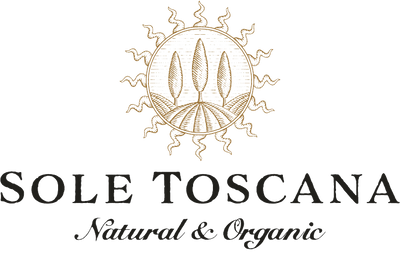Inspect the ingredient list on your moisturizer, facial cleanser, body wash, or toner, and check for polysorbate 20. If you find it on the label, you might need to consider a different brand—primarily if your child uses the same product.
What is Polysorbate 20?
Polysorbate, in its original form, is a harmless sorbitol (sugar alcohol). For it to be included in personal care products, however, it's treated with 20 parts of ethylene oxide. Thus the name polysorbate 20.
The resulting ingredient is used as an emulsifier (mixing oil and water). Polysorbate 20 is an ingredient in baby oil, cosmetic creams, cream deodorant, lotions, and sun lotion.
Why is it Harmful?
Any ingredient that's treated with ethylene oxide (ethoxylated) can potentially become contaminated with 1,4-dioxane. This chemical causes cancer in animals and penetrates quickly into the skin. 1,4-dioxane is one of the triggers of skin allergies.
In New Jersey, a class-action lawsuit was filed against manufacturers who manufactured, distributed, marketed or sold children's skincare products containing formaldehyde and 1,4-dioxane.
That's Not All
The Organic Consumers Organization released a fact sheet on this chemical, using information from the Campaign for Safe Cosmetics. The OCO reports that the levels of 1,4-dioxane found in many beauty products are 1,000 times higher than those which cause cancer in studies done on animals.
If you're a fan of taking hot showers, your skin could take in even more 1,4-dioxane as your pores open up.
More Potential Concerns
Polysorbate-20 resulted in developmental and reproductive toxicity in animal studies. However, high doses were administered before these results were observed. Moderate doses of the chemical are linked with skin irritation.
Note: If you're exposed to this ingredient infrequently, there's no reason for alarm. The problem comes when we use ten or more products several times daily. Even if only a few of them have polysorbate-20, the exposure builds up over time.
To cut this ingredient out of your life, read the ingredient lists on product labels. Alternatively, prioritize shopping at organic shops and whole foods stores that offer natural options.
You can also visit our website for products that are free of Polysorbate 20 and safe for you and your family.
That's all for today!
With love,
The Sole Toscana Beauty Team


